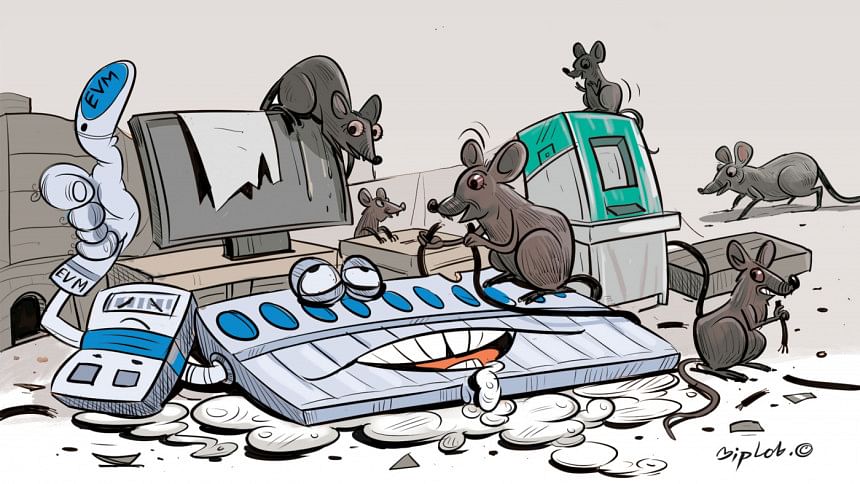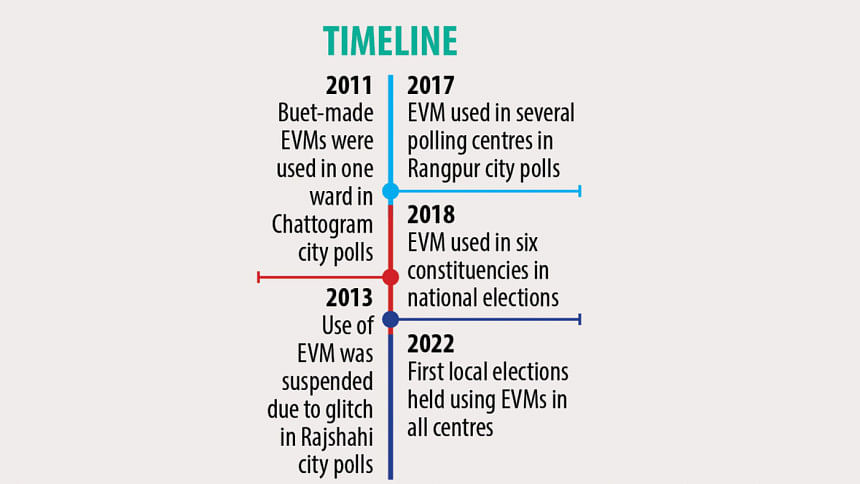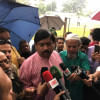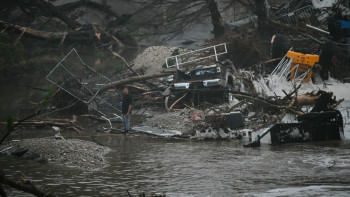Electronic Voting Machines: Tk 940cr lost due to poor upkeep

Electronic voting machines, first introduced in 2011 in Bangladesh, and touted as a great tool for voters to exercise their franchise, were adopted on a large scale for voting in six constituencies in 2018. Before the national election in December that year, the Election Commission bought 1.5 lakh EVMs at Tk 2.35 lakh each, over 11 times the price of the machines used in India.
While the Indian machines last 15 years, 40,000 of the EVMs procured by the Bangladesh Election Commission did not even last five years due to poor storage and maintenance system. In the process, Tk 940 crore of public money was lost.
The money squandered over the EVMs is almost Tk 200 crore more than the total budget for the 2018 national elections.
Meanwhile, another 40,000 EVMs are at the risk of breaking down as they have been kept in places that are not designed for the upkeep of such sophisticated machinery. This means, another Tk 940 crore will likely go to waste if these EVMs are not properly stored and refurbished soon.

Presently, only around 25 of the 120 democratic countries, including Bhutan, India, Brazil and Venezuela, employ electronic voting machines. Many nations, including Germany, the Netherlands and the United States, have banned the use of EVMs over concerns about security, accuracy, dependability, and verifiability of E-voting.
But the countries that use EVMs, including India and Brazil, have clear and detailed guidelines on their storage and movement.
"When compared to the other countries that use EVMs, it is unprecedented that so many machines have gone out of order. A large amount of public money has been wasted," said election expert Abdul Alim.
"In many cases, monitors and timers got broken, cables lost, and fingerprint-matching components and ballot unit buttons got damaged."
A BIG LOSS
The EC began stocktaking and reviewing the EVMs in August 2022, after deciding to use EVMs in 150 constituencies in the January 2024 election.
At the time, EC officials said they had enough EVMs to cover 70-80 constituencies and that they would need to procure more machines if they were to use voting machines in 150 seats.
But in January, the government rejected an EC project worth Tk 8,711 crore for the purchase of 2 lakh new EVMs and construction of 10 facilities to store them.
In mid-February, Bangladesh Machine Tools Factory (BMTF), the lone manufacturer of the EVMs used by the Commission, in a proposal said 40,000 of those machines were beyond repair and the rest 1.1 lakh can be fixed at a cost of around Tk 1,260 crore, said a top EC secretariat official.

However, the Planning Commission rejected the proposal, citing "the government's financial capacity" in the current global context.
"They [BMTF] sought the money to refurbish the EVMs to make them usable. Meaning, they need to change batteries, cables, timers and some other parts," EC Additional Secretary Ashok Kumar Debnath told The Daily Star.
According to a presentation delivered at an internal EC session in early September, 93,000 EVMs were stored at the EC's field offices and schoolrooms at the district and upazila levels across the country.
"Information from the EC offices indicates that 30% of these machines are currently inoperable," reads the presentation obtained by this newspaper.
"The lifespan of EVMs is decreasing due to a lack of maintenance. A large number of machines have damaged. Various parts of some of the machines are even missing," it continued.
Another presentation at the same programme said that of the 1.5 lakh machines, 93,000 are stored at EC's field offices and schools, 54,500 at Bangladesh Machine Tools Factory (BMTF), and 2,500 at the EC office's basement in the capital's Agargaon.
A top EC official said they completed a quality check of all the 93,000 EVMs stored at the field level a few months ago, and a large number of them did not pass the test.
EVM Project Director Col Syed Raquibul Hasan acknowledged that there is no proper storage facility for preserving the EVMs.
"In many cases, monitors and timers got broken, cables lost, and fingerprint-matching components and ballot unit buttons got damaged. The machines were kept in damp places," he told The Daily Star.
WHO TO BLAME
EC officials say the warehouses to store EVMs should have sealed doors and windows, and must be protected against dampness and flooding. The storage facilities also should have exhaust fans for proper air circulation. But many of the rented warehouses and schools and colleges where the EVMs are stored lack such a protected environment.
This is why over 30% of the EVMs have become non-functional in such a short time, the officials add, requesting anonymity.
According to EC officials, 39 monitors, 10 monitor batteries, and as many control units got stolen from Brahmanbaria's Kashba upazila parishad auditorium and a primary school in Jhenaidah last year. They were kept there following a local government election. Many of these machinery and equipment were eventually retrieved by police.
Another 50 EVMs became inoperable in May after water used to extinguish a fire at the Kashiani Upazila Election Office in Gopalganj seeped into the EVMs.
According to a district election officer in Rangpur, most of the 900-1,000 EVMs stored in upazila election offices and educational institutions have gotten out of order.
Multiple EC officials said the issue of proper storage facility and maintenance system did not get proper attention before procuring the EVMs in 2018, which is a failure at the planning level.
A former election commissioner also confirmed that they procured the EVMs without any provisions or guidelines for their preservation.
In March, the EC issued a tender to rent houses in 64 districts to store the machines, but they were able to find such houses in 38 districts.
According to a district officer in Chattogram, owners do not want to rent their homes to government organisations since they cannot increase rent frequently.
Former election commissioners Rafiqul Islam and Brig Gen (retd) Shahadat Hossain Chowdhury said they proposed vertical expansion of the EC office at field level and renting of warehouse in places where there is no EC office to store the EVMs in a proper environment, but it did not happen.
EVM Project Director Col Syed Raquibul Hasan said their project has already got an extension for a year until June 2024, without any cost increase.
"The Election Commission is working to prepare a guideline for the preservation of EVMs. We are also sending the EVMs that are failing quality checks to the Bangladesh Machine Tools Factory," he said.

 For all latest news, follow The Daily Star's Google News channel.
For all latest news, follow The Daily Star's Google News channel. 








Comments